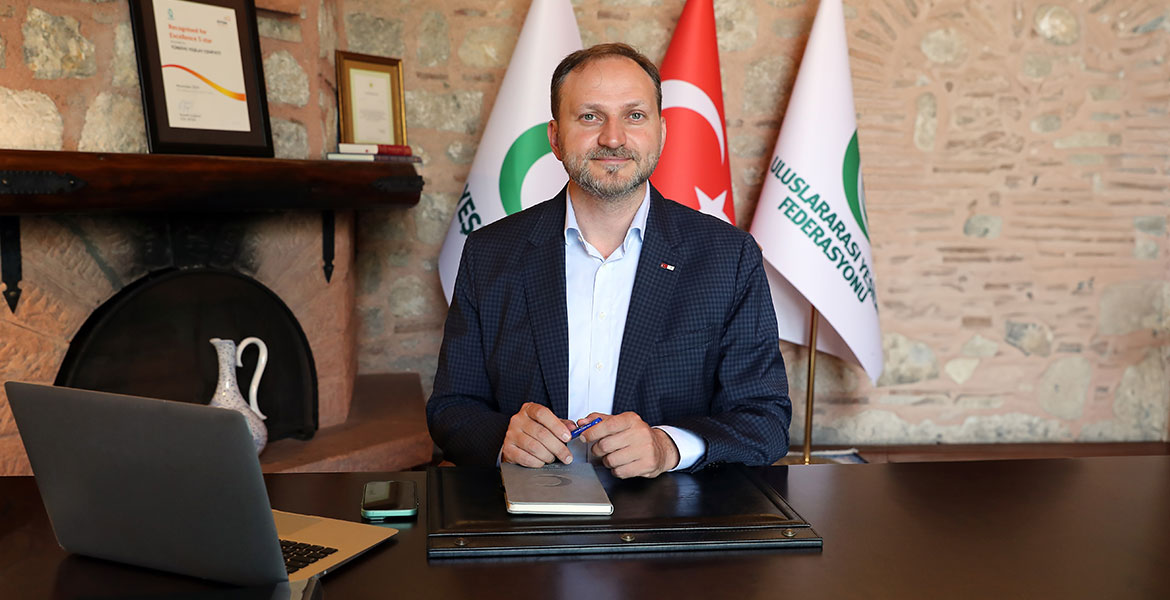
Sustainability
Sustainability is an institutionally important horizontal issue for the activity-based expansion experienced in 2015 by the Green Crescent to continue in a reasonable manner and for the efficiency principle to be considered in all activity levels. Our Corporate Responsibilities:
Human Rights
Occupational Health and Safety
Information Security
Employee Rights
Responsibilities in relation to the Society and Environment
Management of the Environment and Natural Resources
Management of Active Assets
Waste Management
Environmentally friendly Products and Services
In this context, the concept of sustainability has been integrated into the corporate operation on the basis of the sub-titles below and has been monitored regularly.
Corporate Sustainability
The corporate excellence studies of the Green Crescent that have been ongoing steadily became significantly widespread in 2015 and a new phase was initiated in the EFQM Model. Combining activities under the quality title to eliminate the dilemma between the NGO synergy and corporate organizational dynamics and the elaboration of workflows and job descriptions regarding field activities, foreign relations, project supports within the year has yielded positive results for sustainability. The continuation of the momentum in institutionalization in 2015 has an important place among the new period targets.
Sustainable Growth
The Green Crescent has taken important steps to maintain the sustainability of the growth trend in 2015 that it achieved in terms of its institutional expansion, organizational structure, numbers of volunteers and members, the amount of funds raised, and the geography it serves in the world. Accordingly, the establishment of an output-based scoring systematic through the Branch Capacity Building Program (ŞUKAP) developed for the country-based spread is among the efforts aimed at improving sustainability. Besides, technology investments become prominent throughout the year to manage the growth in the upcoming period and to facilitate sustainability. The CRM studies for voluntary management and resource development processes are carried out based on the growth management perspective.
Environmental Sustainability
2015 was a very productive period in terms of environmental sustainability. The institutional transition to the waste management system and reconsidering all works within the concept of environmental sustainability were very beneficial. The integration of both the workflows within the organization and the basic correspondence with the EBA system to address environmental awareness with more sustainable tools has not only provided a technological solution in this field but also contributed to environmental sustainability in terms of paper use. Similarly, making various arrangements, from print-out rules to water consumption, heating-cooling, etc. in offices, based on environmental awareness are included in the model.
Sustainable Contribution for the Civil Society
The Green Crescent, the first and largest non-governmental organization in our country in the field of the fight against addiction, has many tools that it utilizes to contribute to the sustainable development of civil society in the fields of public health and fight against addiction. It is aimed to provide a sustainable contribution to the development of the civil society concept in our country, with the support given, especially through the financial support programs, to NGOs that have projects in the field of the fight against addiction.
It is considered that project-based activities implemented in the field contribute to ensuring community participation, which is an important factor in the fight against addiction, and maintain sustainability in the development of civil society elements. In 2015, the Green Crescent succeeded in various projects covering the whole country with its second largest support program announced in this field.